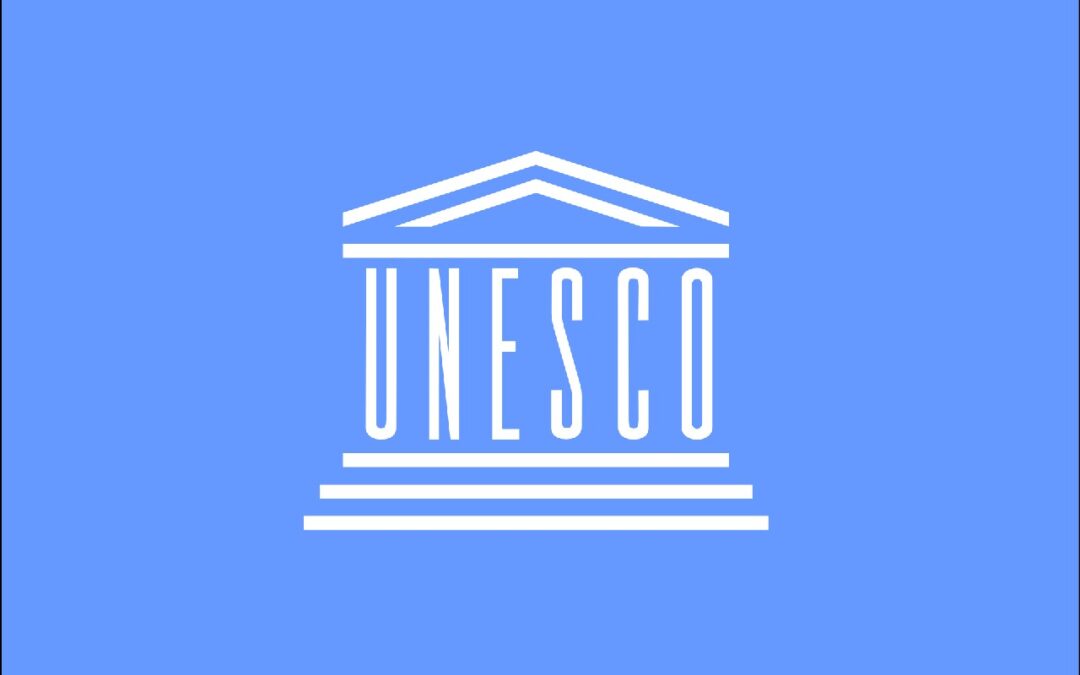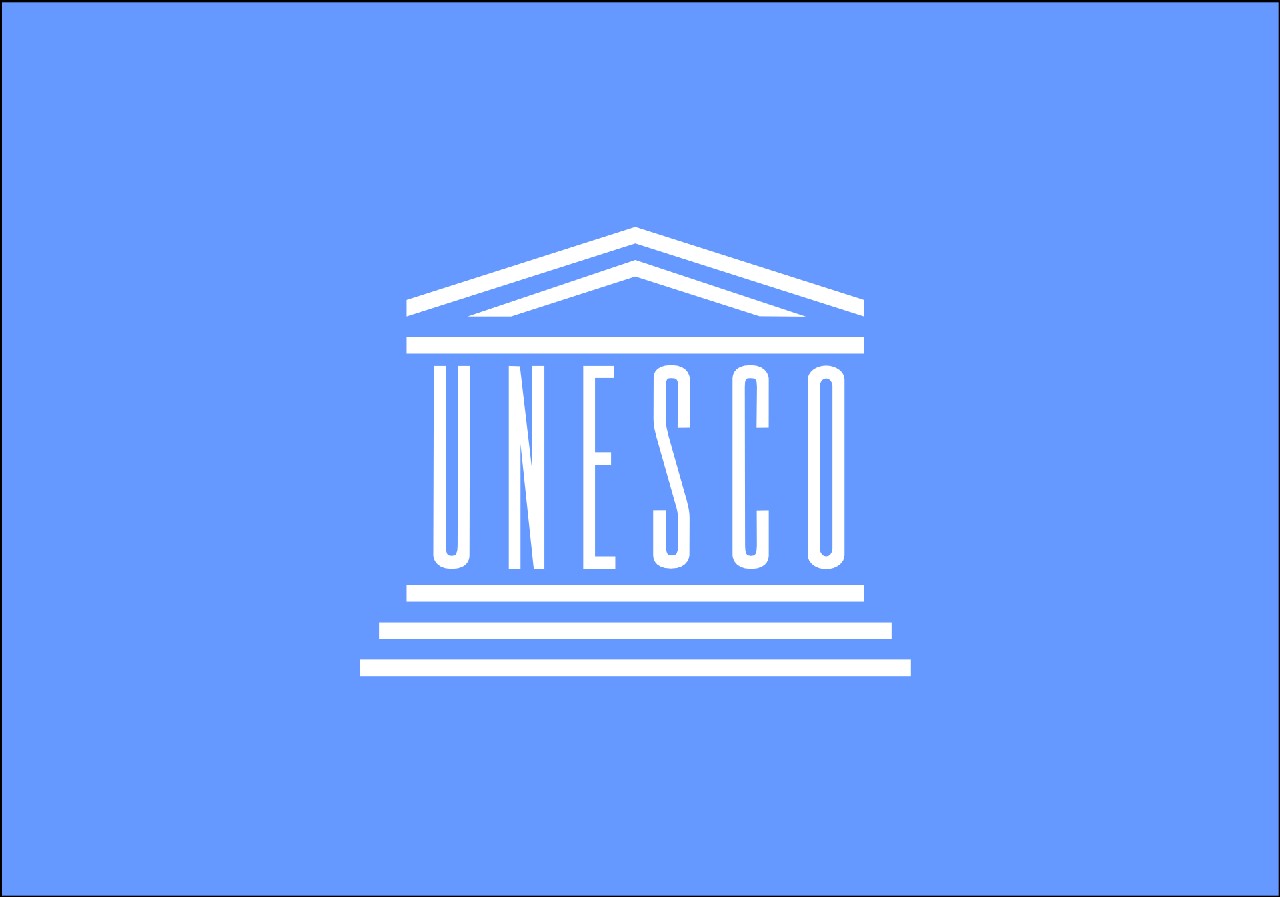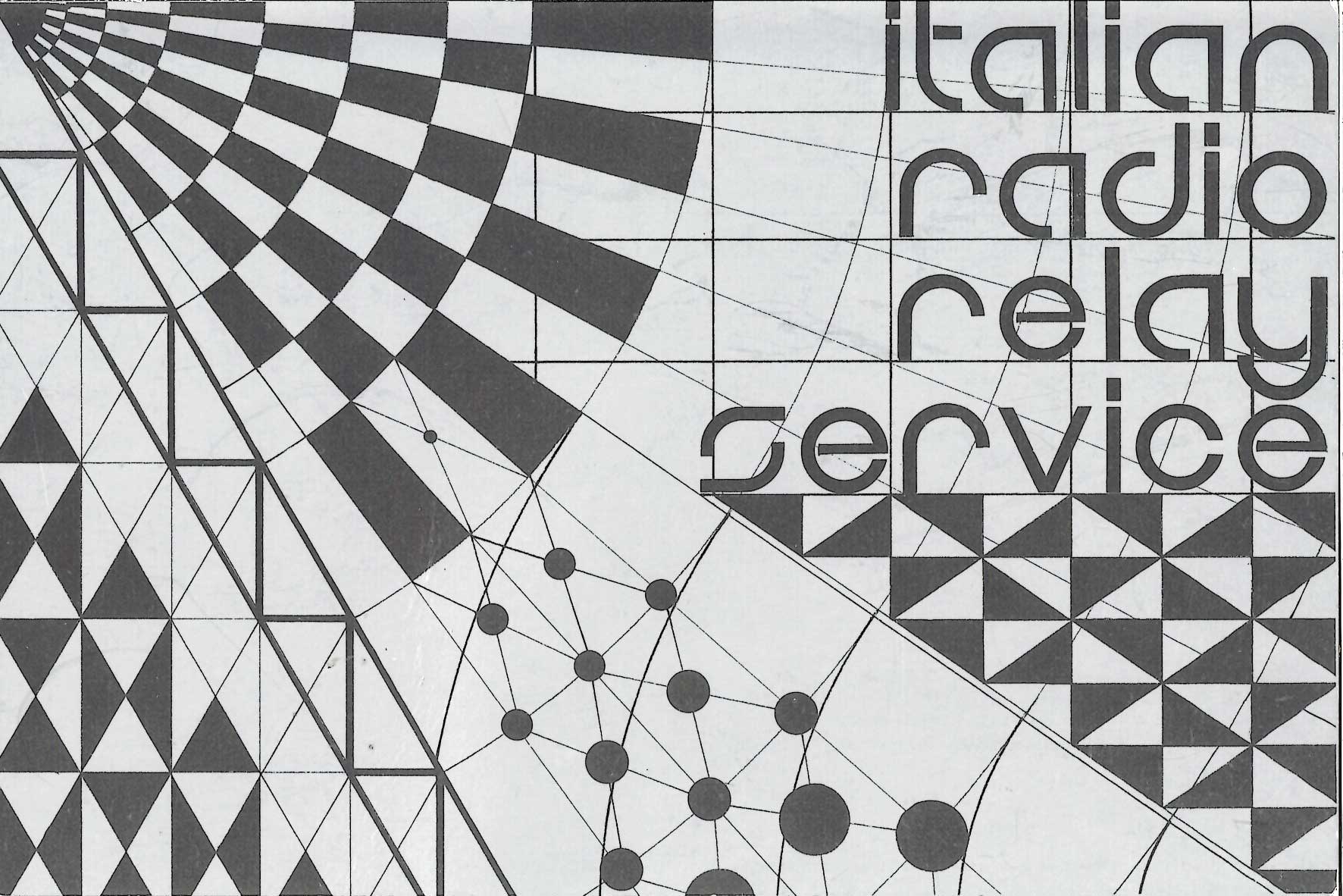
NEXUS-IBA: 45 Years of Pioneering Global Broadcasting, Media and Technology (1979-2024)

NEXUS-IBA: 45 Years of Global Broadcasting Innovation and Bridging Digital Divides
Read about NEXUS-IBA’s journey from a local station to a critical global broadcasting player, highlighting its enduring commitment to free speech, technological innovation, and connecting communities worldwide.
TL;DR:
NEXUS-International Broadcasting Association, originating as Globe Radio Milan in 1979, has journeyed from a modest FM station in Italy to a beacon of International Broadcasting. This transformation, marked significantly by the launch of IRRS-Shortwave in 1988, catapulted NEXUS-IBA into the global arena. The 1990s witnessed the association breaking new ground with pioneering digital broadcasting and streaming services. NEXUS-IBA’s commitment to global communication was further solidified through its association with the United Nations and UNESCO, starting in 1995, which underscored its role in disseminating vital information worldwide.
The heart of NEXUS-IBA’s mission lies in bridging the digital divide, utilizing medium-wave and shortwave broadcasting to connect remote regions in Africa, Asia, and Europe. This endeavor has been particularly impactful in conflict zones such as Ukraine, Palestine & Israel, and the former Yugoslavia, Iran, Iraq and South Sudan where NEXUS-IBA’s broadcasts have provided a lifeline of information and diverse perspectives. Furthermore, the association’s initiatives like European Gospel Radio and International Public Access Radio (IPAR) have created platforms for a multitude of voices and messages to resonate on a global scale. Through these efforts, NEXUS-IBA has not only championed free speech and technological innovation but also played a crucial role in connecting communities and fostering cultural preservation around the world.

The Journey Begins: Globe Radio Milan to NEXUS-IBA
In 1979, Globe Radio Milan began broadcasting in Milan, Italy, marking the inception of the NEXUS-International Broadcasting Association (NEXUS-IBA). This transformation symbolized a pivotal change in European radio broadcasting, embracing the concept of free radio. By 1988, the addition of IRRS-Shortwave notably expanded NEXUS-IBA’s reach, elevating it to a prominent position in international radio broadcasting.
Pioneering Digital Broadcasting and Streaming
In the 1990s, NEXUS-IBA broke new ground in digital broadcasting and internet technologies. By 1994, they had launched one of the first global internet cloud services, leading Europe in streaming audio and video services. This technological leap set new standards in media technology, marking a significant achievement in the history of digital broadcasting.
Upholding Free Speech and Expanding Global Access
NEXUS-IBA has steadfastly advocated free speech and diverse programming, especially via the IPAR (International Public Access Radio) initiative. NEXUS-IBA’s non-interference policy in global content distribution resulted in various programs offering a global array of perspectives. Our expansion into Shortwave, AM/Medium Wave, satellite services, and internet streaming was crucial in democratizing information access worldwide, particularly in remote areas of Africa and Asia.
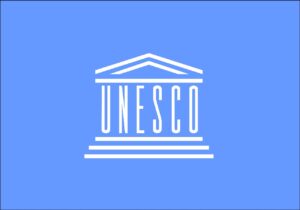
UNESCO
Significant Collaborations with the United Nations and UNESCO
In 1995, NEXUS-IBA was officially approved for association with the United Nations Department of Public Information (UN/DPI). This approval highlights NEXUS-IBA’s role in globally disseminating information about the activities of the United Nations and UNESCO, underlining its commitment to international cooperation and information dissemination.
Bridging the Digital Divide with Medium Wave and Shortwave Broadcasting
Medium-wave and shortwave broadcasting by Nexus-IBA has been pivotal in bridging the digital divide and reaching audiences in Europe, Africa, and Asia. These broadcasting methods ensure connectivity in regions with limited or no internet access, providing diverse content, including news, talk shows, and cultural programs. This resilience is crucial in maintaining an inclusive medium in the face of digital inequality.
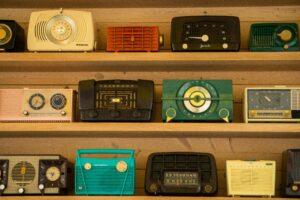
Shortwave Broadcasting: Connecting Remote and Isolated Regions
Shortwave radio broadcasting is essential for global communication, particularly in remote and isolated areas. Its long-range capabilities transcend geographical, political, and social barriers, connecting communities worldwide. Shortwave radio is a critical source of information in regions like Africa and the Asia-Pacific, affirming its vital role in global connectivity.
Empowering Communities Through Radio Broadcasting
Radio broadcasting is vital in empowering communities, especially in remote areas. It is a critical platform for sharing information, providing education, enabling participation in societal discussions, and fostering community development. In regions with limited access to other media forms, radio becomes the primary source of information, playing a pivotal role in education and community empowerment.
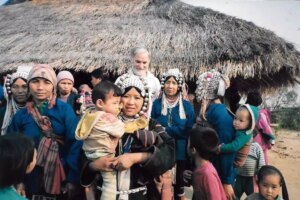
Radio as a Custodian of Cultural Diversity
Radio broadcasting is crucial in preserving local cultures and languages against the backdrop of globalization. Broadcasting in indigenous languages helps maintain cultural identities and educates listeners about their heritage. This role is vital in Europe, Africa, and the Asia-Pacific, where radio is a guardian of cultural diversity.
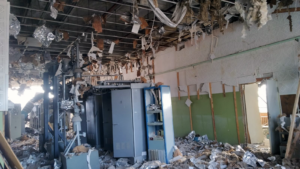
Bombing destruction at Kramatorsk radio station in Ukraine (2022)
The Role of Broadcasting in War-Torn Regions
NEXUS-IBA has played a significant role in broadcasting to war-torn regions, using medium-wave and shortwave transmissions to reach areas like Ukraine, Palestine & Israel, Iran-Iraq, South Sudan, and the former Yugoslavia. In these conflict zones, where information is crucial yet often scarce or controlled, NEXUS-IBA’s broadcasts have provided a lifeline by disseminating news and information, supporting humanitarian efforts, and offering a platform for diverse voices and perspectives. This contribution underscores the importance of unbiased, reliable broadcasting in areas affected by conflict and crisis.
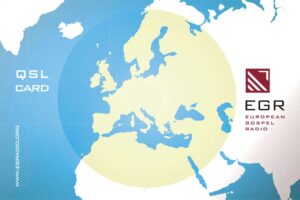
European Gospel Radio: Non-Denominational Outreach
European Gospel Radio (EGR), a service offered by NEXUS-IBA, provides a non-denominational platform for religious organizations to broadcast internationally. EGR aims to facilitate the spread of religious and spiritual messages to a global audience, aligning with NEXUS-IBA’s commitment to free speech and diversity. This service allows a broad spectrum of religious content to be shared across continents.

International Public Access Radio (IPAR)
International Public Access Radio (IPAR) is a crucial initiative by NEXUS-IBA designed to provide international broadcasting access to organizations and individuals. IPAR’s mission is to bridge the communication gap by offering an accessible platform for a wide range of voices and messages to be heard globally. This service ensures that diverse perspectives are shared and heard internationally.
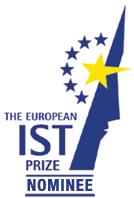
NEXUS-IBA’s Involvement in the DEMOS EU Project
NEXUS-International Broadcasting Association (NEXUS-IBA) played a pivotal role in the DEMOS project, an initiative under the European Union’s 5th Framework Programme. DEMOS, standing for “Delphi Mediation Online System,” was part of the Information Society Technologies, Key Action I.4.2, focusing on ‘Online Support to Democratic Processes.’ This project aimed to enhance democratic engagement and participatory processes through innovative digital solutions.
NEXUS-IBA’s involvement in the DEMOS project underlined its commitment to leveraging technology for societal benefit, particularly in e-democracy. The project aimed to develop digital platforms and tools facilitating effective and inclusive communication between citizens and public administrations. This was a significant step towards modernizing democratic processes and making them more accessible and transparent for the European public.
The DEMOS project represented an innovative approach to e-governance, where digital platforms were utilized to create open forums for discussion, decision-making, and mediation. NEXUS-IBA’s contribution to this project showcased its expertise in digital communication and its broader commitment to supporting democratic processes through technological advancement.
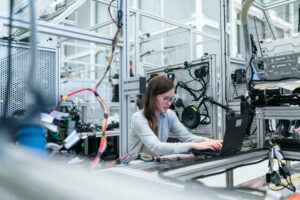
The Role of NEXUS-IBA’s R&D Lab in Developing WorldDirector CDN
In 1994, NEXUS-IBA’s internal R&D lab developed the first-ever global Content Delivery Network (CDN), named WorldDirector. This groundbreaking technology, built on globally distributed Internet cloud services, marked NEXUS-IBA as Europe’s first to offer streaming audio and video services using its CDN technology.
Fast forward to 2024, WorldDirector still represents a significant advancement in media technology, enabling the efficient distribution and delivery of multimedia content with high speed, quality, resilience, and reliability. The creation of WorldDirector underscored NEXUS-IBA’s commitment to innovation and its pioneering role in the digital transformation of global broadcasting and media services.
.
This article highlights NEXUS-IBA’s 45-year journey, showcasing its significant contributions to global broadcasting, technological advancements, and its vital role in connecting and empowering communities worldwide, particularly in regions affected by conflict and digital divides. Over the past 45 years, the NEXUS-International Broadcasting Association (NEXUS-IBA) has significantly impacted global broadcasting. Starting as a small local FM station, it has become a pioneering force in radio broadcasting and digital technology. Through its commitment to free speech, diverse programming, and collaborations with international bodies like the United Nations and UNESCO, NEXUS-IBA has played a pivotal role in bridging the digital divide, reaching remote communities, and providing unbiased information in conflict zones. Services like European Gospel Radio and International Public Access Radio demonstrate NEXUS-IBA’s dedication to connecting diverse voices with a global audience. As NEXUS-IBA continues to innovate and adapt, its legacy as a worldwide communication and cultural preservation facilitator remains more relevant than ever.
Donate now!
Donate to support our nonprofit mission in International Broadcasting

